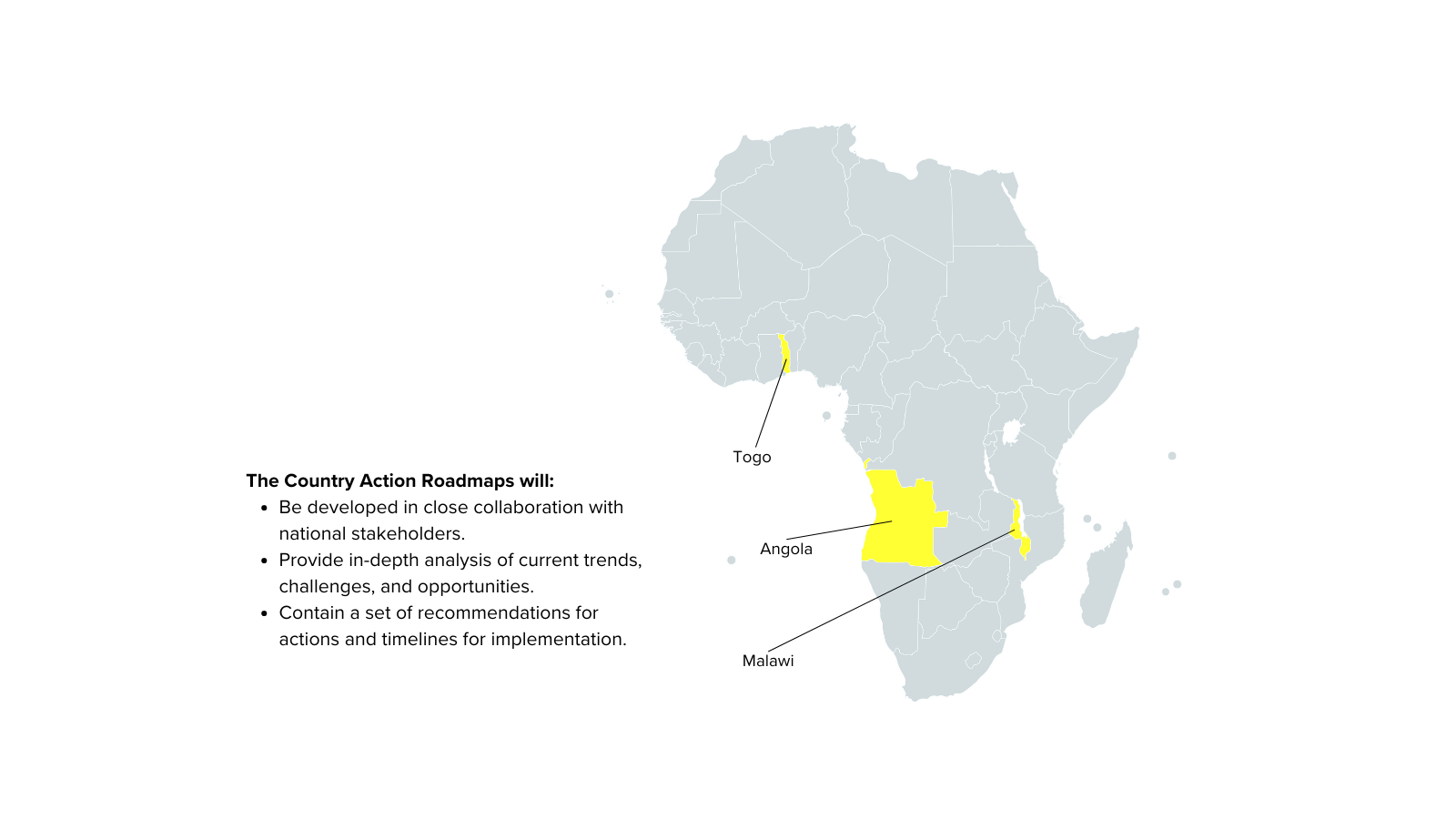The Africa Sustainable Finance Hub
Africa Green Business and Financing Initiative
Making green financing a reality for Africa's transformation
About AGBFI
To advance the role of the private sector engagement in climate action and the growth of the green economy, the United Nations Development Programme (UNDP) Africa Sustainable Finance Hub (ASFH) is championing the Africa Green Business and Financing Initiative (AGBFI) to enable the development of green businesses and financing models and increase their contribution to the green transition in Africa.
Priorities
Focusing on the African context, we aim to:

Promote and enable the development of green business and financing

Increase the role of the private sector in the green economy, climate action, and biodiversity

Work closely with countries to develop country action plans for boosting green growth
Milestones

Case Studies
The Africa Green Business and Financing Report focuses on ‘green’ sectors that UNDP believes are of the utmost strategic importance for the continent, including renewable energy, water and related infrastructure; sustainable agriculture and food production; forestry and nature-based solution; eco-tourism; and a broad sector called technology and next-generation solutions. The report also explores case studies from each of these sectors.


 Locations
Locations
